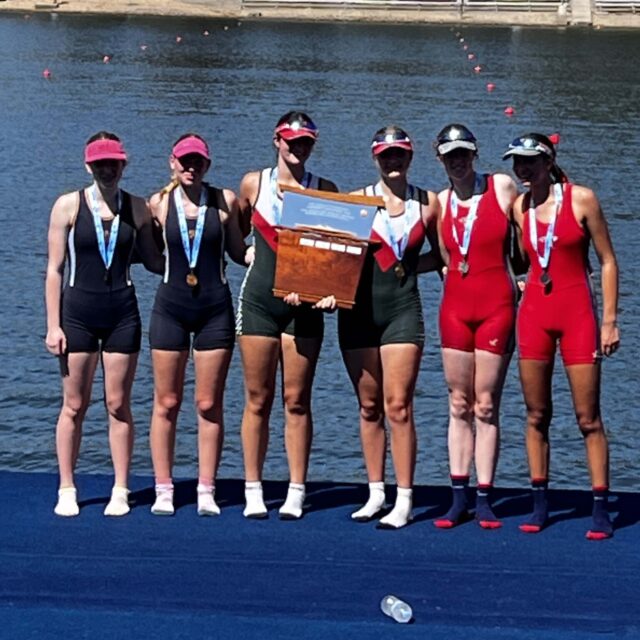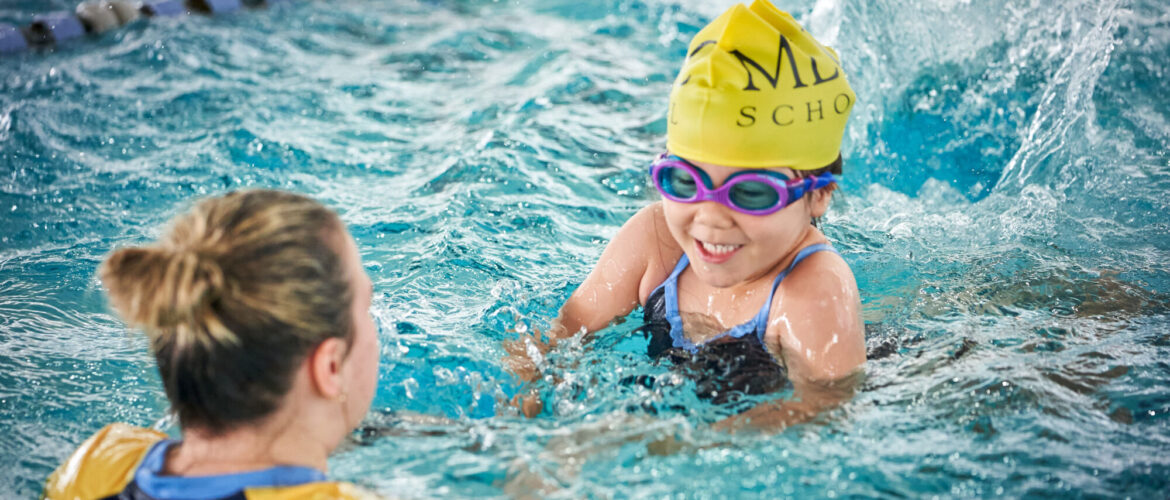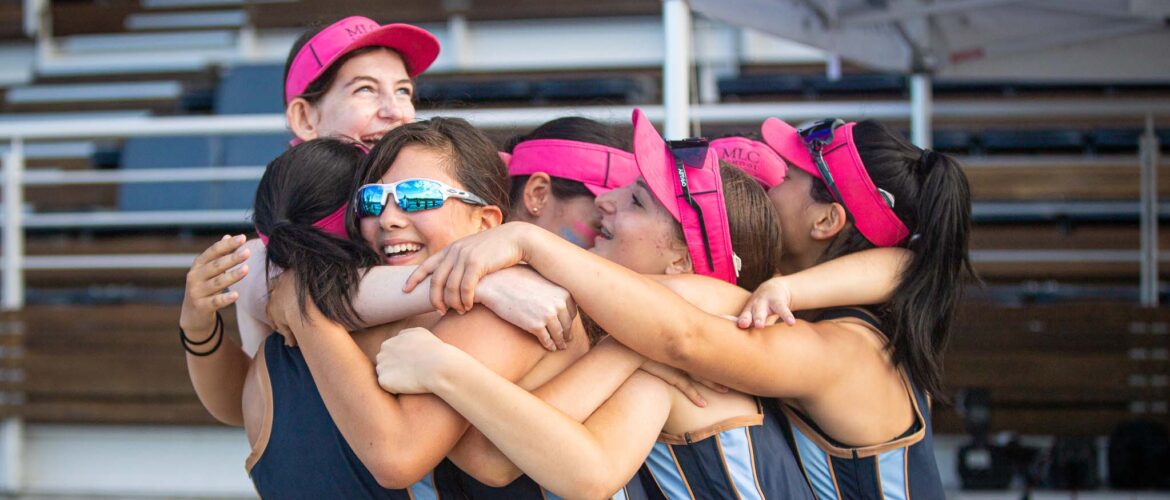From the Deputy Principal

The Great Vape Debate
This time last year a 5-year-old boy was hospitalised after vaping at school. Father of two Steve told ABC Melbourne the e-cigarette his son used allegedly belonged to the mother of a classmate. This boy took it to school and offered it to Steve’s two children in the playground, saying to try it because it tasted “like grapes.” This alarming case begs the question – “Is there a widespread epidemic of young people vaping in Australian schools?” Despite media reports suggesting an epidemic of teen vaping in Australia, research conducted by DARTA, led by respected expert Paul Dillon indicates that the majority of Australian teens have never vaped and are unlikely to do so.
It is true however, that vapes are readily available and accessible to teenagers (and in some cases tweens and younger), as they are easily able to purchase them through social media platforms. If you have been shopping recently, you may have noticed vaping retail stores popping up like mushrooms; alarmingly, in one NSW School’s case three retailers have opened on three of the four corners, surrounding a school, clearly our young people are the target audience for these devices.
Why should we be concerned?
Research by the Commonwealth explains that the 200-odd ingredients that can be found in vapes, (even though the label does not include them all) can include metal, and car engine coolant, and in many cases those that are billed ‘nicotine-free’ will contain significant amounts of nicotine.In some cases one vape can have the equivalent of 200 cigarettes.
- Vaping can lead to lung damage, respiratory problems, and other health issues. The unregulated nature of the vaping market on social media platforms raises additional concerns.
- There is no oversight of the quality or safety of the products being sold.
- There is no way to ensure that the products are not made up of highly toxic liquid, or the vape itself has been tampered with.
- Young people who purchase vaping products through social media are also at risk of being defrauded or ‘ripped off’ by sellers.
- Young people may meet up with strangers to collect the goods they purchased online.
- Sellers can post pictures, videos, and descriptions of their products and provide information about how to purchase them that bypasses any restrictions.
A recent study by the National Drug and Alcohol Research Centre at the University of New South Wales has revealed that social media platforms are facilitating the easy purchase of vaping products by Australian teenagers. The study found that traditional retailers are no longer the main source of vaping products for teens. Instead, 28% of high school students have resorted to buying these products through platforms such as Facebook, Instagram, Snapchat, and Twitter. Disturbingly, 80% of these buyers were not asked to verify their age. So, if your child has access to social media and money, they have access to vapes. Please be aware that vaping product sellers often advertise their wares on social media by using hashtags such as #vapeforsale or #vapesforsale.
Madonna King, journalist and author of ‘Being 14′, recently posted the obvious question. “Why doesn’t the State Government lead the nation and make it illegal to sell any vape at any retailer anywhere?” The Australian government took some steps to address the issue of teenagers purchasing vapes through social media. In 2019, the government passed legislation that makes it illegal to sell vaping products to minors, and in 2020, the government introduced new regulations that require all vaping products to be registered with the Therapeutic Goods Administration. Despite these regulations, the sale of vapes through social media platforms continues to be a problem.
What can schools do?
Principals and teachers have been pleading with the NSW Government to act and help with the growing problem. NSW Education Minister Sarah Mitchell has announced that the Education Department is in discussions with NSW Health to find a “whole of government approach” to tackling the problem. “I do think there needs to be a whole of government – and indeed, a whole of community approach – to how we educate our kids about the dangers of vaping, but also about the potential legal impacts as well.”
It is also important that schools are aware of the law applying in their state or territory in relation to smoking and vaping. For example, under the Public Health (Tobacco) Act 2008 (NSW), the Smoke-free Environment Act 2000 (NSW), the Tobacco Act 1987 (VIC) and the Tobacco and Other Smoking Products Act 1998 (QLD), it is an offence:
(a) to sell e-cigarettes and accessories to people under 18 years of age; and
(b) for a person to smoke tobacco or use an e-cigarette (that is, to vape) at a school.
Putting it plainly, any student who vapes at MLC School is committing a criminal offence quite apart from breaking school rules. Any student found in possession of a vape on school grounds, irrespective of their intentions will be subject to consequences in alignment with our behaviour management guidelines. These may include suspensions combined with activities such as educative workshops that instruct students about the risks involved.
Education is proven to be more effective when used to deter students rather than providing consequences. As such, at MLC School, we are working in partnership with Paul Dillon to present to our Year 10 to Year 12 students about a range of drug and alcohol related topics including vaping. Through our Personal Development, Health and Physical Education (PDHPE) Curriculum, Kindergarten to Year 12 there is a focus on education and awareness about vaping through the mandatory syllabuses, with students from Year 5 – or younger – receiving drug awareness education. In all years, we explore responsible decision making, risk taking and refusal strategies. Age-appropriate awareness activities are delivered through our pastoral care program lessons, and we employ strategies such as limiting students from going to the bathroom in pairs or groups during lesson times to minimise the opportunity for peer influence without teacher supervision.
What parents and carers can do to help combat the issue of vaping?
The NSW P&C Federation co-hosted this webinar with Dr Kerry Chant from NSW Health and the NSW Department of Education to help parents and carers understand more about the facts on the health risks of e-cigarette use (vaping). Through the webinar, you will learn about where to find more information including the NSW Government’s ‘Do you know what you’re vaping?’ campaign and Vaping Toolkit which was developed in collaboration between the NSW Ministry of Health, Cancer Council NSW and the NSW Department of Education in response to the growing concern among principals and school communities about the increased use of e-cigarettes among young people.
Anecdotally, we have heard that some parents are facing difficulties in dealing with their children’s vaping habits. If you discover that your child is vaping and try to address the issue, you may be met with a range of responses that you feel unsure about how to handle effectively. This Blog by Paul Dillon has some great answers you can use to respond to the most common misconceptions young people hold about vaping such as:
- ‘But it’s not smoking!’
- ‘It’s just flavour, I don’t vape nicotine’
- ’’Vaping is safer than smoking – wouldn’t you rather me vape than smoke?’
- ‘I’m not hurting anyone, it’s just water vapour.’
Our advice to you is:
Talk openly and honestly with your children about the dangers of vaping and the potential consequences of getting involved in illegal activities like buying vapes through social media. Open communication is key. Encourage your child to talk and offer support without judgment. It is never too young to start this conversation.
Educate yourself on the risks associated with vaping and the strategies that schools are using to combat the issue. This will help you to better support your children and work collaboratively with schools to address the problem. NSW Government vaping information for parents
Establish clear rules and consequences around vaping. Make sure your child understands the consequences of vaping, including the potential health risks and legal consequences. If you suspect your child may be vaping, please take responsibility for checking their belongings – most vapes (some are pictured) look like USBs or textas/markers.
What if my child is already vaping?
If your child is addicted to vaping, seek professional help. Talk to your child’s doctor or a mental health professional for support. It is important to be proactive about your child’s health and well-being.
Quitline counsellors are available to answer any questions about vapes on 13 7848 (13 QUIT). Quitline is a telephone-based service, offering information and advice. Quitline counsellors provide tips and strategies, and help to plan your child’s quit attempts, based on their own needs and preferences. They can also help you think of ways to approach a conversation with your child or loved one about vaping.
The Aboriginal Quitline is also available on 13 7848. Run by Aboriginal counsellors, the Aboriginal Quitline is a telephone-based confidential advice and support service.
If you require assistance in a language other than English, Quitline has counsellors who speak Arabic, Cantonese, Mandarin, and Vietnamese, you can ask to speak to one of these counsellors. For people who prefer to speak in a different language, Quitline uses the Telephone Interpreter Service.
The Cancer Institute NSW iCanQuit provides information on quitting methods, links to support groups and top tips to help your child quit.
– Melissa Boyd
Deputy Principal




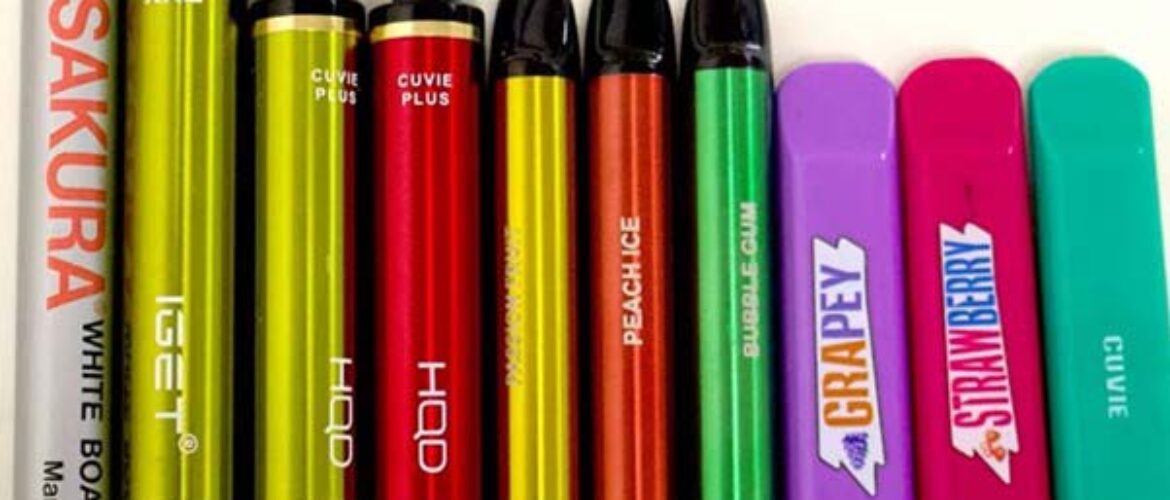

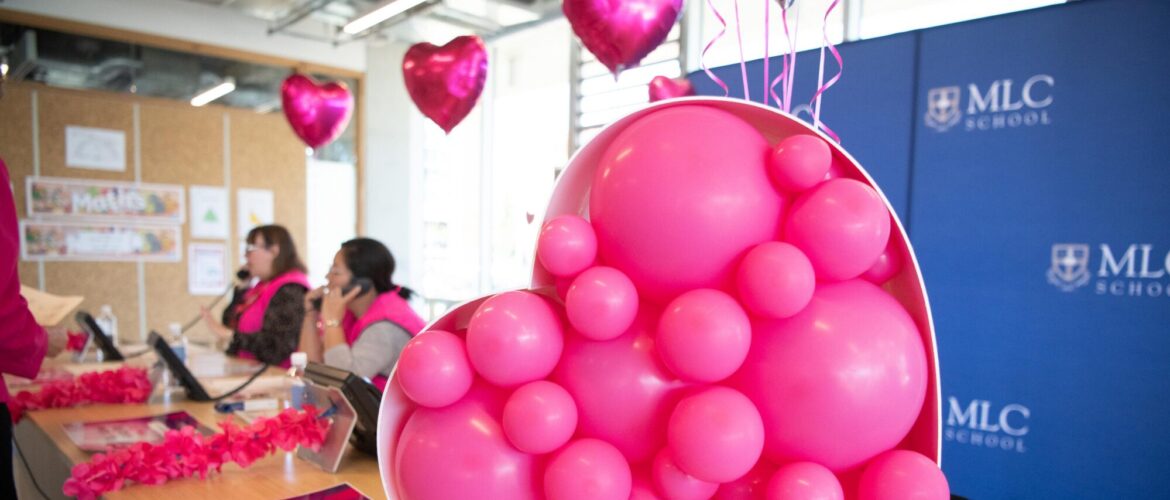







 It has been a week of celebrations. Celebrating learning at school and offsite. Celebrating new life. Celebrating harmony and the gift of our multiculturalism.
It has been a week of celebrations. Celebrating learning at school and offsite. Celebrating new life. Celebrating harmony and the gift of our multiculturalism.
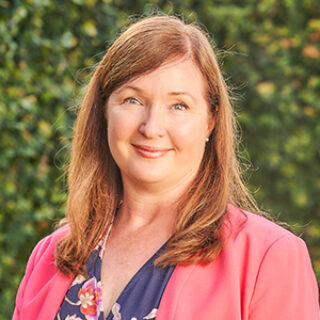 Four Ways to Turn a Bad Day Around
Four Ways to Turn a Bad Day Around

 The Year 1 Parent Ambassadors have sourced personalised scented candles that feature individual artwork lovingly designed by each student.
The Year 1 Parent Ambassadors have sourced personalised scented candles that feature individual artwork lovingly designed by each student.





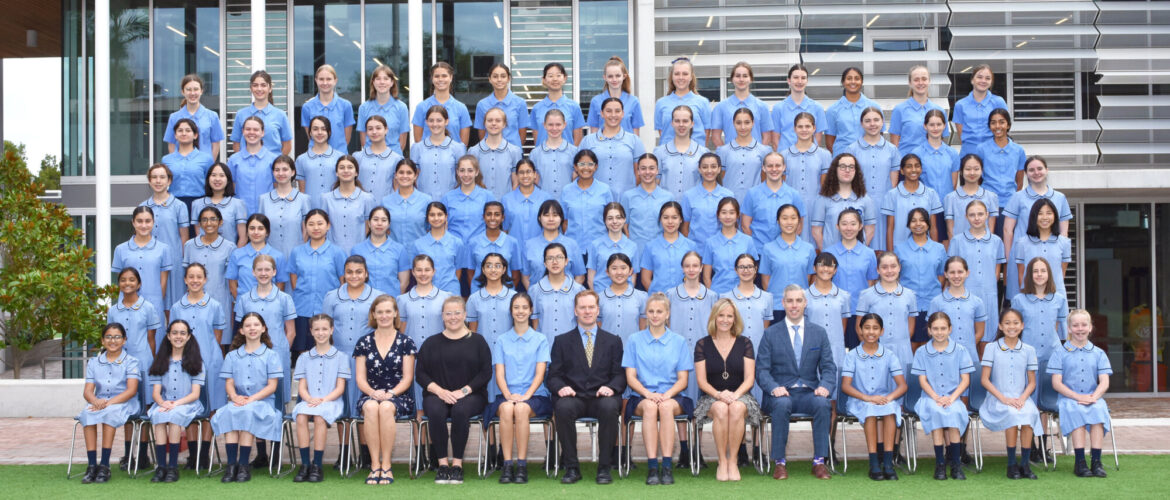
 This week Dr Prue Salter from
This week Dr Prue Salter from 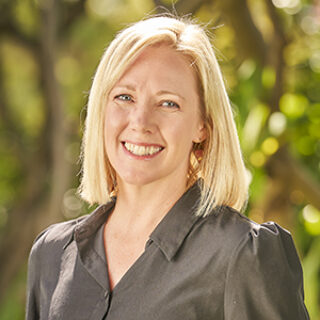 Year 8 students have been busy with their ongoing assessments and many students have received grades back from their teachers. It can be tough to deal with a result that is not what the student had hoped for. I have had a couple of conversations with Year 8 students over the past week about this and encourage families to speak about this at home.
Year 8 students have been busy with their ongoing assessments and many students have received grades back from their teachers. It can be tough to deal with a result that is not what the student had hoped for. I have had a couple of conversations with Year 8 students over the past week about this and encourage families to speak about this at home.
 Year 9 students kicked off the week looking closely at the Round Square IDEALS and Discoveries which will be developed through participation in their experiences at Adventurers Camp in Week 3 of Term 2 (Monday 8 May 2023).
Year 9 students kicked off the week looking closely at the Round Square IDEALS and Discoveries which will be developed through participation in their experiences at Adventurers Camp in Week 3 of Term 2 (Monday 8 May 2023).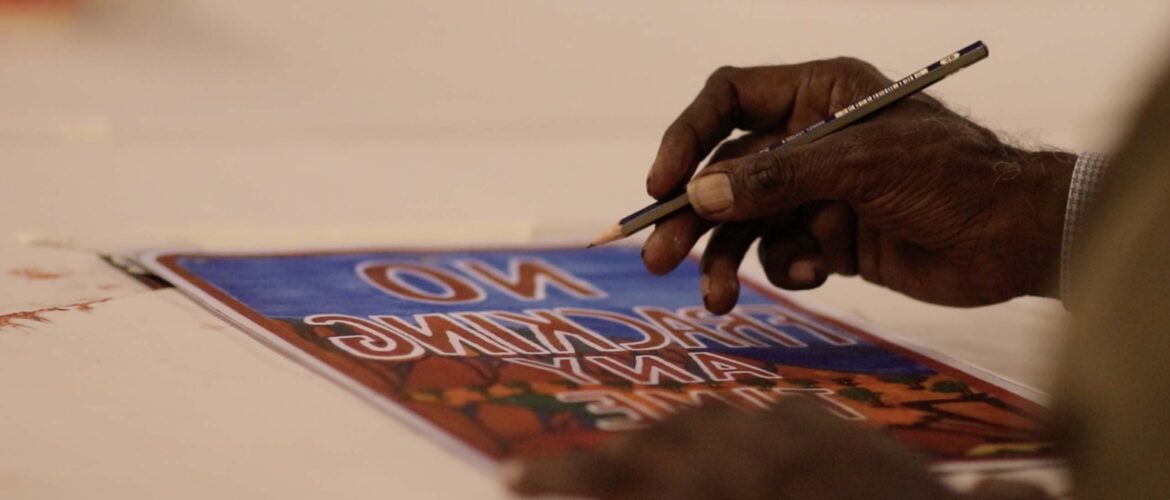
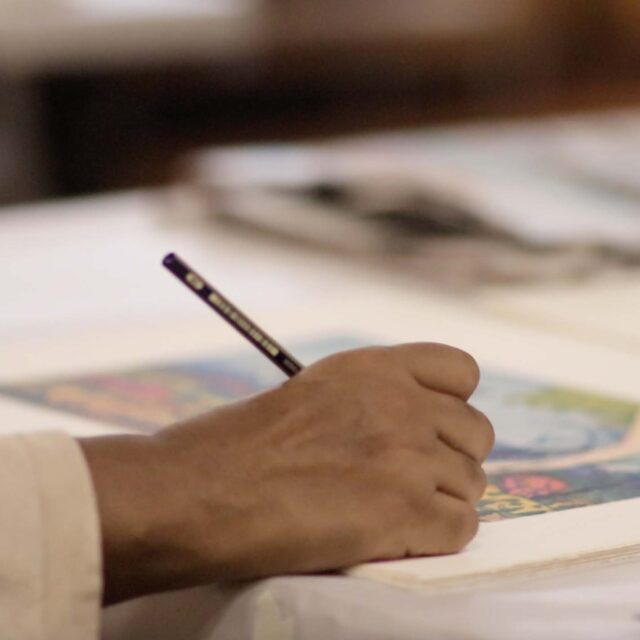
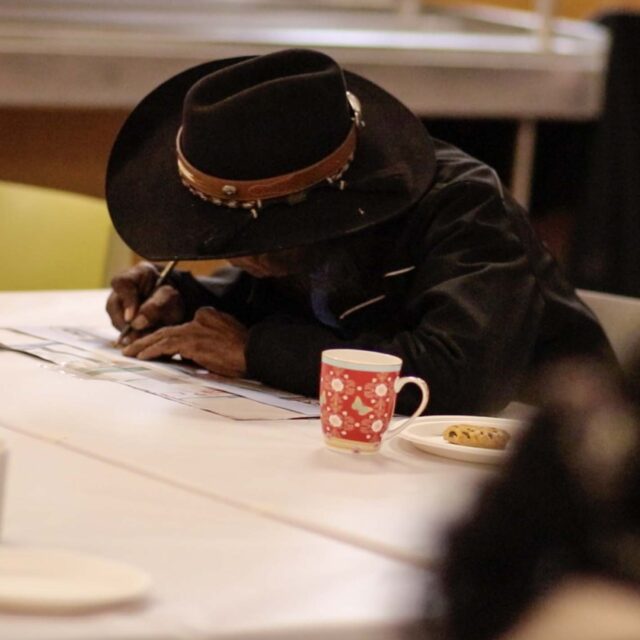
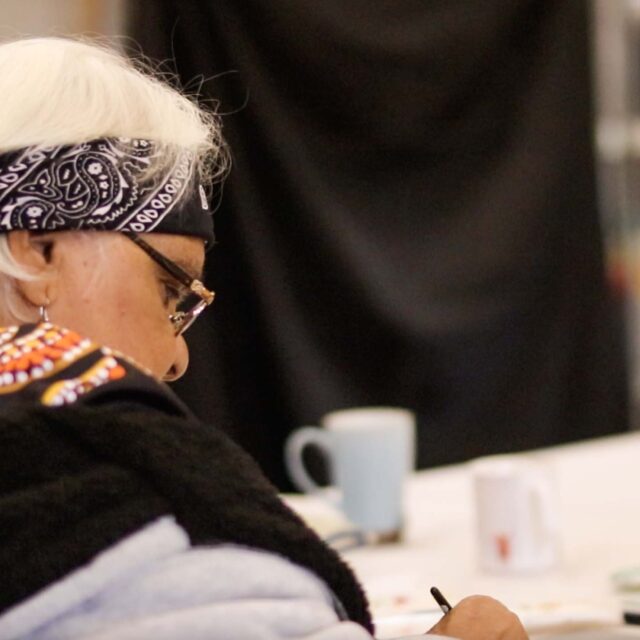
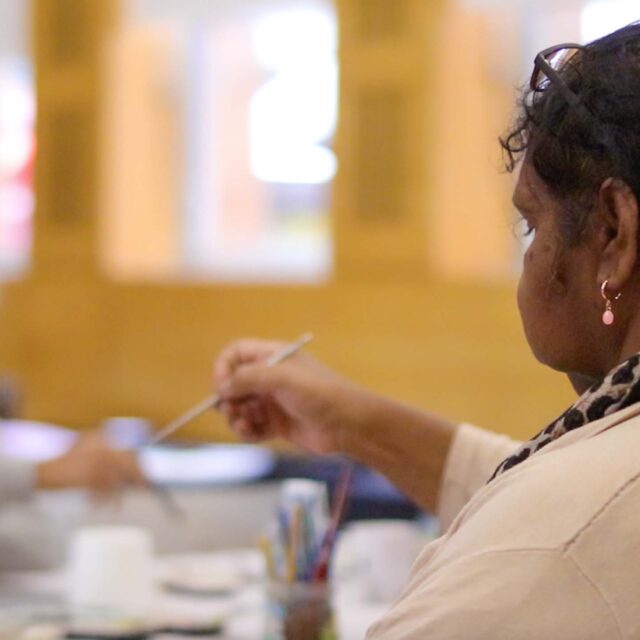


 I have to commend the cohort for how well they have handled their assessment week. I’ve caught up with a number of students and they are clearly well focused and keen to do well. There have, of course, been some bumps in the road and it’s important to remember that these exams are as much about developing exam technique and becoming familiar with process and format as much as anything else.
I have to commend the cohort for how well they have handled their assessment week. I’ve caught up with a number of students and they are clearly well focused and keen to do well. There have, of course, been some bumps in the road and it’s important to remember that these exams are as much about developing exam technique and becoming familiar with process and format as much as anything else. This week many of the cohort have been very proactive in seeking feedback and really taking on our School values of Growth and Courage while listening to teachers about next steps.
This week many of the cohort have been very proactive in seeking feedback and really taking on our School values of Growth and Courage while listening to teachers about next steps.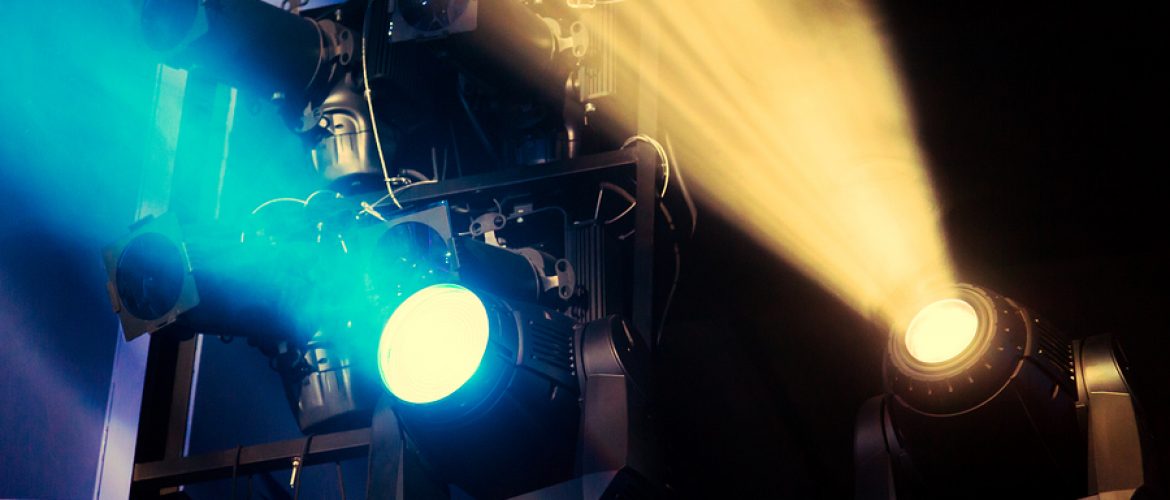

 NYU (New York and Abu Dhabi Campuses) will be at MLC School on:
NYU (New York and Abu Dhabi Campuses) will be at MLC School on:
 The highlight of the meet would have to be Iris Ji’s (Year 6) 13 years 50m Breaststroke final. Iris had prepared well for the event and was confident that she would swim a good race. She had her sights on breaking the record. As we stood in the stands and cheered her on, Iris won the gold medal and broke what had been a 28 year old record set in 1995! Iris was overwhelmed with emotion, as were the supporters in the stands. It is a timely reminder about the importance of setting goals and achieving them, and how sometimes, achieving your goal can be just that little more special and meaningful than the first place!
The highlight of the meet would have to be Iris Ji’s (Year 6) 13 years 50m Breaststroke final. Iris had prepared well for the event and was confident that she would swim a good race. She had her sights on breaking the record. As we stood in the stands and cheered her on, Iris won the gold medal and broke what had been a 28 year old record set in 1995! Iris was overwhelmed with emotion, as were the supporters in the stands. It is a timely reminder about the importance of setting goals and achieving them, and how sometimes, achieving your goal can be just that little more special and meaningful than the first place!
